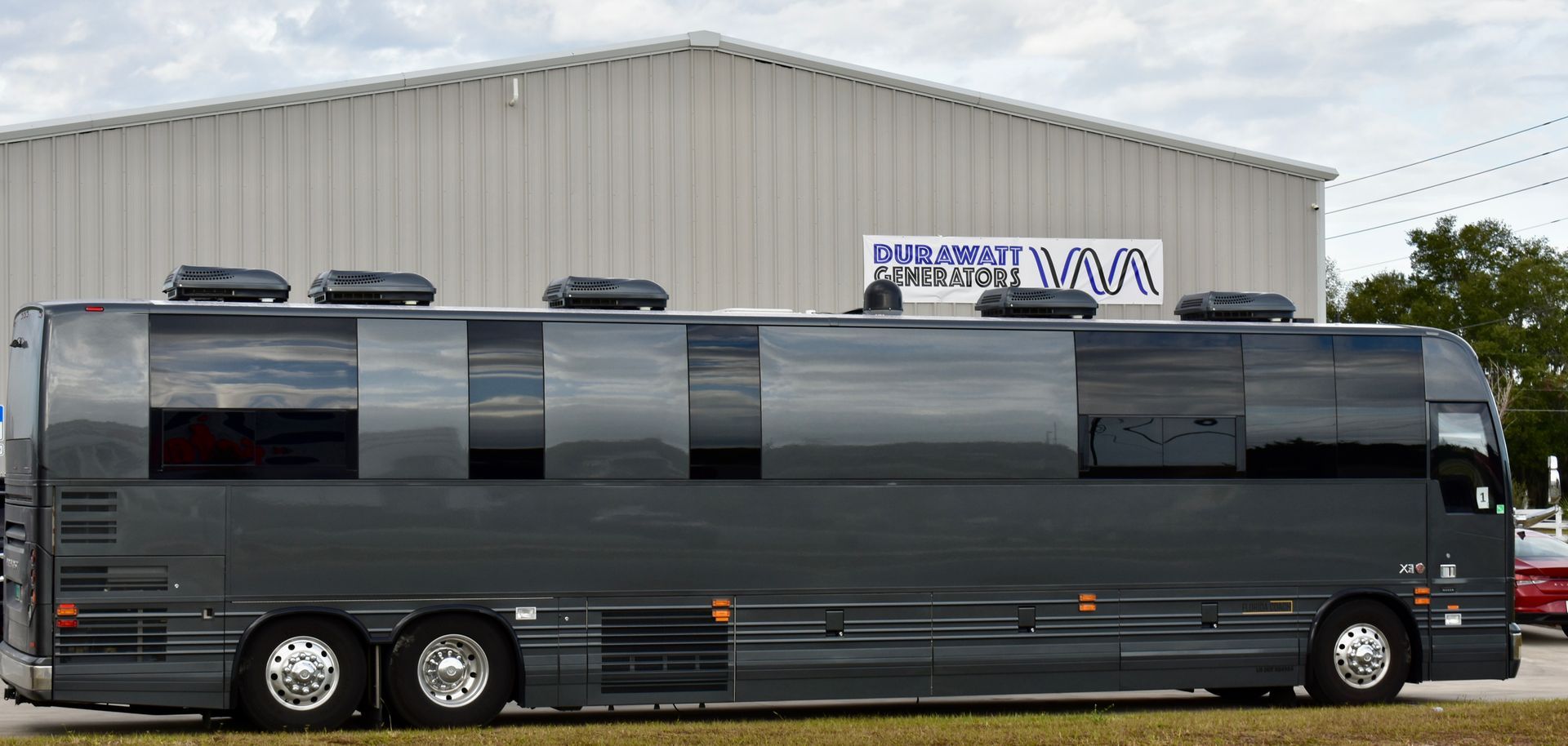
The Ultimate Guide to RV Generators: Types, Sizes, and Features

RVing is a fantastic way to explore the open road, experience new adventures, and make lasting memories. But to power your RV appliances and gadgets while off the grid, you need a reliable generator.
In this comprehensive guide, we'll break down everything you need to know about RV generators, from the different types available to choosing the right size and understanding essential features. Let's dive in!
Types of RV Generators
When it comes to RV generators, there are three primary types to consider:
Portable Generators
Portable generators are designed to be easily transported, making them a preferred choice for those who value mobility. Typically fueled by diesel, gasoline, or propane, they are well-suited for smaller RVs and for occasional usage. However, it's important to note that they can generate some noise, which might be a consideration for campers seeking a quieter outdoor experience.
Inverter Generators
For those who prefer precision and efficiency from their power source, inverter generators are a top choice. These generators produce a steady and clean flow of electricity, ideal for sensitive electronic devices. They are known for their exceptional fuel efficiency, ensuring longer runtimes on a single tank of fuel. Furthermore, they tend to operate more quietly than traditional portable generators, enhancing the overall camping experience.
Built-In Generators
For larger RVs and full-time RVers, built-in generators offer a level of convenience and integration that's hard to match. These generators are permanently installed within your RV and are typically powered by diesel or propane. Their integration means you won't have to worry about the hassle of setting up or moving the generator, providing a seamless power supply as long as your fuel source lasts. They are often the preferred choice for those seeking an extended off-grid lifestyle.
How to Choose the Right Size
Selecting the right size generator for your RV is crucial to ensure you have enough power for all your needs without overspending on capacity. Here's how to determine the right size:
1. Calculate Your Power Needs
Start by making a list of all the appliances and devices you plan to power with the generator. Note their wattage requirements, and add them up to determine your total power needs.
2. Consider Starting vs. Running Watts
Some appliances require more power to start (e.g., air conditioners and refrigerators) than they do to run continuously. Ensure your generator can handle both the starting and running wattage of your appliances.
3. Size Your Generator Accordingly
Once you know your power requirements, choose a generator that provides enough wattage to meet your needs comfortably. It's better to have a bit of extra capacity than to risk overloading your generator.
Essential Features to Look For
To make sure you get the most out of your RV generator, pay attention to these essential features:
1.Fuel Efficiency
Look for generators that are fuel-efficient to save money on diesel, gasoline, or propane during your travels. Inverter generators are known for their fuel efficiency.
2. Noise Level
Consider the noise level of the generator. Quieter models won't disturb you or your neighbors at the campsite. Inverter generators are typically quieter than traditional ones.
3. Portability
If you plan to move your generator around, portability is essential. Check for features like handles and wheels to make transportation easier.
4. Maintenance
Check how often the generator needs maintenance and how easy it is to perform. Less maintenance means less hassle during your journeys.
4. Runtime
Determine how long your generator can run on a single tank of fuel. Longer runtimes are beneficial, especially if you plan to be off-grid for an extended period.
5. Price
Lastly, consider your budget. Weigh the features against the cost to find a generator that gives you value for your money.


